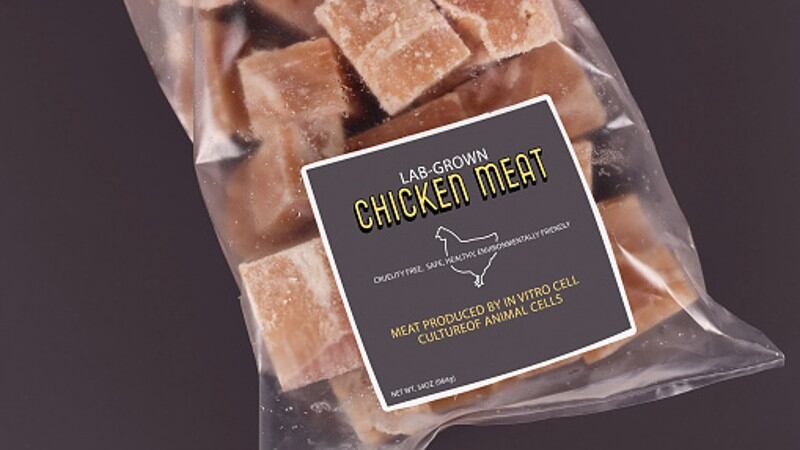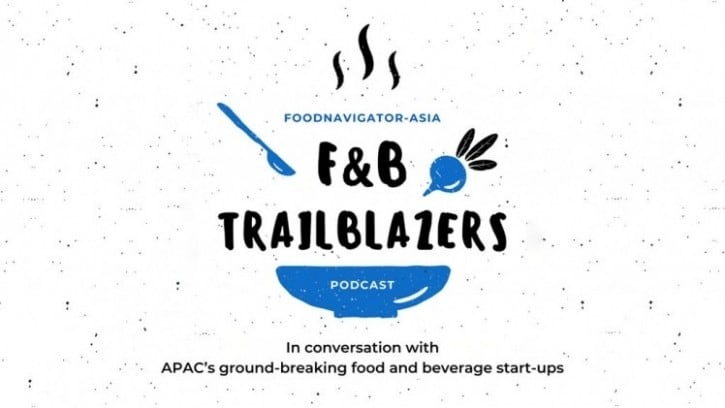GOOD Meat recently announced that its retail cultivated chicken GOOD Meat 3, which contains 3% of lab-grown meat, would be sold at retail outlet Huber’s Butchery in Singapore starting May 16 2024, assuring consumers that this would be available ‘for the remainder of 2024’.
This can be considered the world’s first and only retail launch of a cultivated meat, and at S$7.20 (US$5.36) for 120g this pricing is still higher than that of conventional meats. However, it is lower than the pricing of its cultivated chicken dishes served in Restaurant 1880 after it first received regulatory approval from the Singapore Food Agency back in 2020, which were about S$23 (US$17.11) a plate.
This foodservice collaboration has since been halted, and GOOD Meat parent company Eat Just also paused its cultivated chicken production in both its own and partner facilities in Singapore and halted plans for a new plant amidst legal issues it is facing in the United States.
The firm’s new venture is likely in hopes of coming back from these hurdles, and alternative meat advocacy Good Food Institute (GFI) believes that this is a major step forward for the cultivated meat sector in the region.
“The world will soon get its first look at what home chefs choose to do with cultivated meat when the choices are infinite - There’s no better place for this culinary exploration to happen than Singapore, which has a well-earned reputation as an epicentre of market testing,” GFI APAC Managing Director Mirte Gosker said via an email statement.
“With Australia and South Korea now actively reviewing their first cultivated meat products for approval, and many other Asian countries making moves to follow suit, the message to global foodtech startups is clear: APAC is open for business.”
However, others are less optimistic about this pivot especially given the firm’s past troubles, and have taken particular issue with the fact that the quantity of cultivated meat that will be used in the new product has been cut down to just 3% as opposed to the previous 70% being served in foodservice.
“The whole idea of turning to hybrids or blends between cultivated meat and plant-based ingredients is of course to bring costs down – but in this case when the amount is as miniscule as 3%, is it still right to call it a ‘hybrid’?” Monash University Professor of Biotechnology and CSIRO Future Protein Mission Advisory Group member Professor Paul Wood told FoodNavigator-Asia.
“With 97% of its ingredients being plant-based proteins, who’s to say that the direction of this form of cultivated meat will be to end up as just another class of plant-based – and what percentage does it take for the product to be ‘plant-based’ as opposed to ‘hybrid’ or ‘cultivated’.”
According to Eat Just CEO Josh Tetrick, GOOD Meat 3 is set to be a ‘simple recipe’ comprising plant proteins, the firm’s cultivated chicken, and ‘seasonings that flavour the chicken’.
“Using a smaller percentage of cultivated chicken in combination with plant proteins, which have always been used in our cultivated chicken products, also helps reduce costs associated with the production of cultivated meat, one of the main challenges to scaling,” Tetrick said via a formal statement.
“This year, we will sell more servings of cultivated chicken than have been sold in any year prior.”
Entering retail will undoubtedly increase the chances for more ‘servings’ of GOOD Meat to be sold than any previously – but with the proportion in each serving cut from 70% to 3% (which means over 23 times less cultivated meat content in each serving), it remains to be seen whether the firm will be able to sell just as much in terms of cultivated meat quantity alone.
Teething issues
GOOD Meat and competitor Upside Foods, which got regulatory approval in the United States, have both been seen to receive this approval to great fanfare but then faced major challenges going commercial.
Upside Foods received its full USDA approval last year – but has yet to scale up in any significant way, also limiting servings of its cultivated chicken to one restaurant in the United States, serving this one day a month and limiting this to 17 consumers only, according to Pro Wood.
“Teething issues are something that all early entrants into a new market will undoubtedly face – and here, what has been happening for these firms is that every time they sell a product, they are losing money [until they can scale up],” he added.
“One thing most of these firms say is that this is a normal stage in terms of testing the market and figuring out how it will work for consumers – but the question then comes along on how long can one test a market and take losses.
“The plant-based sector has already been seeing this – take Beyond Meat for example, which has been around for several years now but in the last quarter has suffered losses of around US$50mn.
“Cultivated meat’s first players are definitely seeing the struggle, with some already having closed down as a result – being a new sector means being dependent on capital, and with the investment money drying up, things will not bode well if none of them make money soon.”
We will be discussing Protein Trends in more depth in our upcoming Growth Asia Summit 2024 this July – click here to find out how to join us.





